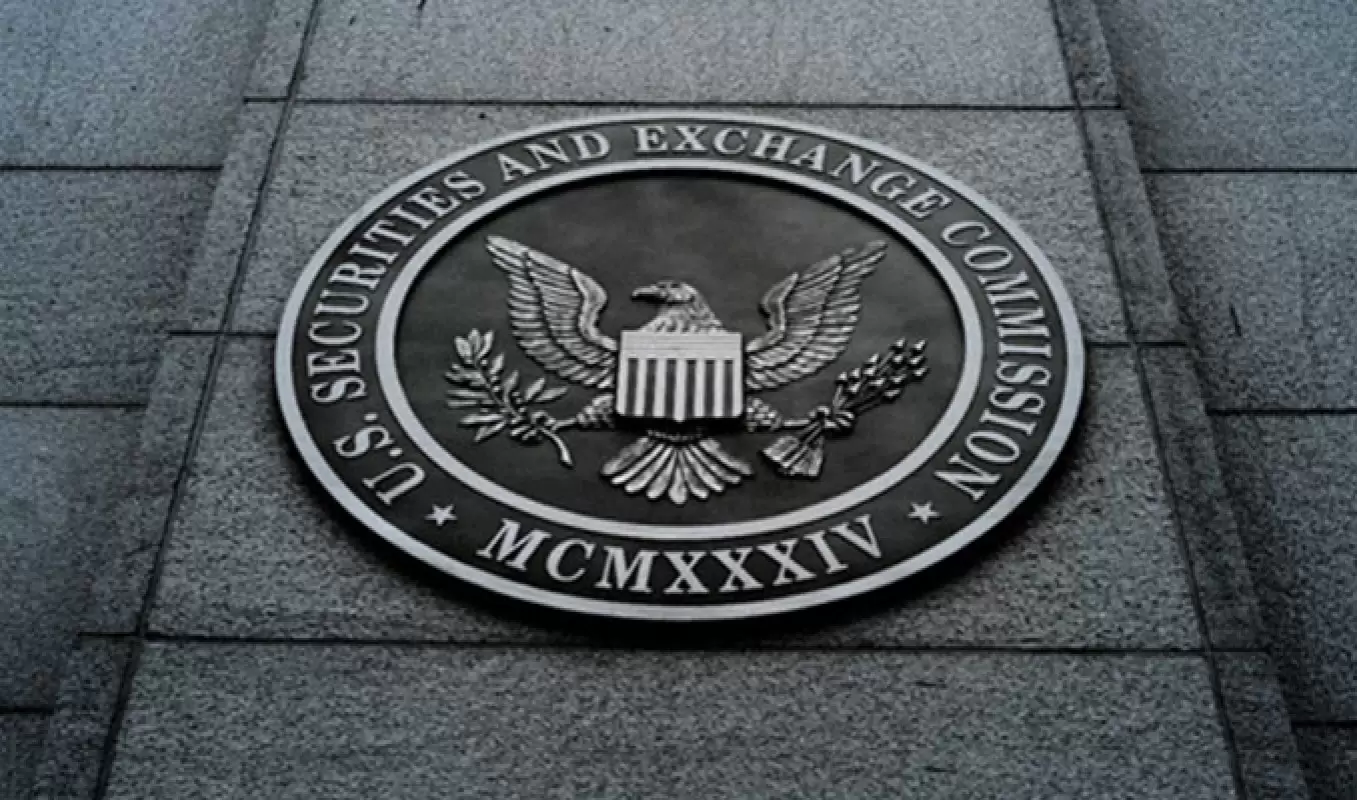The cryptocurrency landscape continues to evolve rapidly, with latest bitcoin regulatory news updates shaping the future of digital assets worldwide. As governments and financial institutions grapple with the implications of decentralized currencies, staying informed about regulatory changes has become crucial for investors, businesses, and crypto enthusiasts alike. From the Securities and Exchange Commission’s evolving stance on Bitcoin ETFs to international banking regulations affecting cryptocurrency transactions, the regulatory environment is more dynamic than ever.
These latest bitcoin regulatory news updates don’t just impact individual traders—they influence institutional adoption, market stability, and the overall trajectory of the crypto economy. Whether you’re a seasoned investor or new to the cryptocurrency space, understanding these regulatory developments will help you navigate the complex world of digital assets with confidence and make informed decisions about your crypto investments.
Major Bitcoin Regulatory Developments in 2025
The year 2025 has brought unprecedented changes to the Bitcoin regulatory landscape. Financial authorities worldwide are implementing comprehensive frameworks that aim to balance innovation with consumer protection. The United States Securities and Exchange Commission has taken a more defined approach toward Bitcoin classification, while the Commodity Futures Trading Commission continues to assert its oversight role.
European regulators have made significant strides with the Markets in Crypto-Assets (MiCA) regulation, creating a unified approach across EU member states. This harmonization represents one of the most significant regulatory milestones in cryptocurrency history, providing clarity for businesses operating across European borders. Asian markets haven’t lagged behind, with Japan updating its Virtual Asset Service Provider regulations and Singapore refining its Payment Services Act to accommodate institutional Bitcoin adoption. These developments collectively represent a shift toward regulatory maturity rather than prohibition.
Key Regulatory Bodies Taking Action
Central banks across major economies are establishing digital asset policies that directly impact Bitcoin operations. The Federal Reserve’s updated guidance on bank cryptocurrency activities has created new compliance requirements for traditional financial institutions seeking to offer Bitcoin services. The Bank for International Settlements has released updated recommendations for cryptocurrency risk management, influencing how national regulators approach Bitcoin oversight.
These guidelines emphasize the need for robust anti-money laundering measures and customer protection protocols. International regulatory coordination has improved significantly, with organizations like the Financial Action Task Force providing clearer guidance on cryptocurrency compliance standards. This coordination reduces regulatory arbitrage opportunities while creating more predictable operating environments for legitimate Bitcoin businesses.
Latest Bitcoin Regulatory News Updates from the SEC
The Securities and Exchange Commission’s approach to Bitcoin regulation has evolved considerably throughout 2025. Recent enforcement actions have provided clearer boundaries for what constitutes compliant Bitcoin-related business activities. The agency’s updated guidance on Bitcoin custody services has addressed many concerns raised by institutional investors considering cryptocurrency exposure.

SEC Chair’s recent statements regarding Bitcoin’s commodity status have reinforced the agency’s position that Bitcoin itself isn’t a security, while derivative products and investment vehicles require appropriate registration and compliance measures. This distinction has implications for Bitcoin spot ETFs, futures products, and investment advisory services. The commission has also clarified its stance on Bitcoin staking services and yield-generating products. New guidelines require clear disclosure of risks associated with these services, while establishing minimum standards for customer asset protection.
Enforcement Actions and Compliance Requirements
Recent SEC enforcement cases have highlighted common compliance failures in the Bitcoin space. Inadequate customer funds segregation, insufficient risk disclosure, and unauthorized investment advisory activities remain primary enforcement targets. The agency has established clearer safe harbor provisions for legitimate Bitcoin businesses that maintain appropriate compliance standards.
These provisions provide regulatory certainty for companies that implement robust customer protection measures and maintain transparent operational practices. New reporting requirements for large Bitcoin holders have been introduced, aimed at improving market transparency and reducing systemic risks associated with concentrated cryptocurrency holdings. These requirements apply to entities holding more than specific threshold amounts of Bitcoin.
Global Bitcoin Policy Changes and Their Impact
International regulatory harmonization efforts have accelerated throughout 2025, with major economies coordinating their approaches to Bitcoin oversight. The G20’s updated cryptocurrency policy framework has established minimum standards for member countries, creating more consistent regulatory environments across borders. The European Union’s Markets in Crypto-Assets regulation has set new global standards for cryptocurrency business operations.
These standards include comprehensive licensing requirements, capital adequacy rules, and customer asset protection measures that many other jurisdictions are adopting as baseline requirements. Emerging markets have taken varied approaches to Bitcoin regulation, with some embracing cryptocurrency innovation while others maintain restrictive policies. Countries like El Salvador continue to demonstrate Bitcoin adoption at the national level, while others focus primarily on preventing illicit activities and protecting consumers.
Regional Regulatory Variations
North American regulators have made significant progress in coordinating Bitcoin oversight policies. The United States and Canada have established frameworks for information sharing regarding cryptocurrency compliance and enforcement activities. Mexico’s updated financial technology law includes specific provisions for Bitcoin service providers. Asian regulatory approaches continue to diverge, with some countries embracing institutional Bitcoin adoption while others maintain restrictive retail access policies.
South Korea’s updated Virtual Asset User Protection Act has established comprehensive consumer protection standards that other countries are studying for potential adoption. Middle Eastern countries are developing sophisticated cryptocurrency regulatory frameworks, with the United Arab Emirates leading regional efforts to create comprehensive digital asset ecosystems. These frameworks balance innovation promotion with financial stability concerns.
Compliance Requirements for Bitcoin Businesses
Modern Bitcoin businesses face increasingly complex compliance obligations across multiple jurisdictions. Anti-money laundering requirements have become more stringent, with enhanced due diligence standards applying to high-risk cryptocurrency transactions. Customer identification programs must now meet higher standards for verification and ongoing monitoring. Financial institutions offering Bitcoin services must implement comprehensive risk management frameworks that address cryptocurrency-specific risks.
These frameworks include market risk assessment, operational risk controls, and cybersecurity measures tailored to digital asset operations. Reporting obligations have expanded significantly, with many jurisdictions requiring detailed transaction reporting for Bitcoin businesses above certain thresholds. These reporting requirements help regulatory authorities monitor systemic risks and detect potential market manipulation activities.
Risk Management and Operational Standards
Bitcoin custody services face particularly stringent operational requirements, including insurance coverage, segregation of customer assets, and multi-signature security implementations. These requirements aim to prevent customer fund losses while maintaining operational efficiency. Market-making and trading activities in Bitcoin markets must comply with fair dealing requirements and market manipulation prohibitions.
Algorithmic trading systems require appropriate oversight and risk controls to prevent market disruption events. Customer asset protection standards have been enhanced, with specific requirements for Bitcoin businesses to maintain adequate capital reserves and implement customer compensation schemes. These protections help build consumer confidence in legitimate cryptocurrency service providers.
Institutional Bitcoin Adoption and Regulatory Response
Large financial institutions have accelerated their Bitcoin adoption plans throughout 2025, prompting regulatory responses aimed at ensuring appropriate risk management. Major banks now offer Bitcoin custody services under comprehensive regulatory frameworks that address both traditional banking risks and cryptocurrency-specific concerns. Pension funds and sovereign wealth funds have begun allocating portions of their portfolios to Bitcoin, subject to enhanced due diligence and risk management requirements.
These allocations represent institutional acceptance of Bitcoin as a legitimate asset class while acknowledging the need for appropriate regulatory oversight. nsurance companies are developing Bitcoin-related products, including custody insurance and market risk protection instruments. These products require regulatory approval and must meet stringent capital adequacy requirements to ensure policyholder protection.
Regulatory Sandboxes and Innovation Programs
Several jurisdictions have established regulatory sandboxes specifically for Bitcoin and cryptocurrency innovation. These programs allow businesses to test new products and services under relaxed regulatory requirements while maintaining appropriate consumer protections. Central bank digital currency programs have influenced Bitcoin regulation, with authorities studying how private cryptocurrencies can coexist with official digital currencies.

These studies inform regulatory approaches that support innovation while maintaining monetary policy effectiveness. Academic and research institution partnerships with regulators have improved understanding of Bitcoin technology and its implications for financial stability. These partnerships contribute to evidence-based regulatory policymaking rather than reactive responses to market developments.
Future Regulatory Trends for Bitcoin
The regulatory trajectory for Bitcoin appears to be moving toward greater acceptance combined with robust oversight frameworks. Future regulations are likely to focus on system-wide stability rather than restricting individual Bitcoin use, recognizing the technology’s potential benefits when properly regulated. Artificial intelligence and machine learning applications in Bitcoin compliance are becoming more sophisticated, enabling real-time risk assessment and automated compliance monitoring.
Regulators are developing standards for these technologies to ensure they enhance rather than compromise compliance effectiveness. Cross-border regulatory cooperation will likely increase, with international standards for Bitcoin businesses becoming more harmonized. This coordination will reduce compliance costs for multinational Bitcoin operations while maintaining appropriate protective standards.
Emerging Technologies and Regulatory Adaptation
Layer 2 Bitcoin solutions and scaling technologies present new regulatory challenges that authorities are actively addressing. Lightning Network and similar technologies require updated compliance frameworks that account for their unique operational characteristics. Quantum computing implications for Bitcoin security are being studied by regulatory authorities, with preliminary guidance being developed for quantum-resistant security standards.
These preparations ensure regulatory frameworks remain relevant as technology evolves. Environmental considerations are increasingly influencing Bitcoin regulation, with some jurisdictions developing sustainability requirements for Bitcoin mining and trading activities. These requirements balance environmental concerns with technological innovation benefits.
Conclusion
Staying informed about the latest bitcoin regulatory news updates is essential for anyone involved in the cryptocurrency ecosystem. The regulatory landscape continues to evolve rapidly, with new developments shaping how Bitcoin businesses operate and how investors can participate in the digital asset economy. From SEC guidance updates to international regulatory coordination efforts, these changes represent a maturing approach to cryptocurrency oversight that balances innovation with appropriate consumer protections. The trends we’ve discussed suggest a future where Bitcoin operates within well-defined regulatory frameworks, rather than uncertain environments. This evolution benefits all stakeholders by providing clearer operational guidelines for businesses and better protections for consumers and investors.

